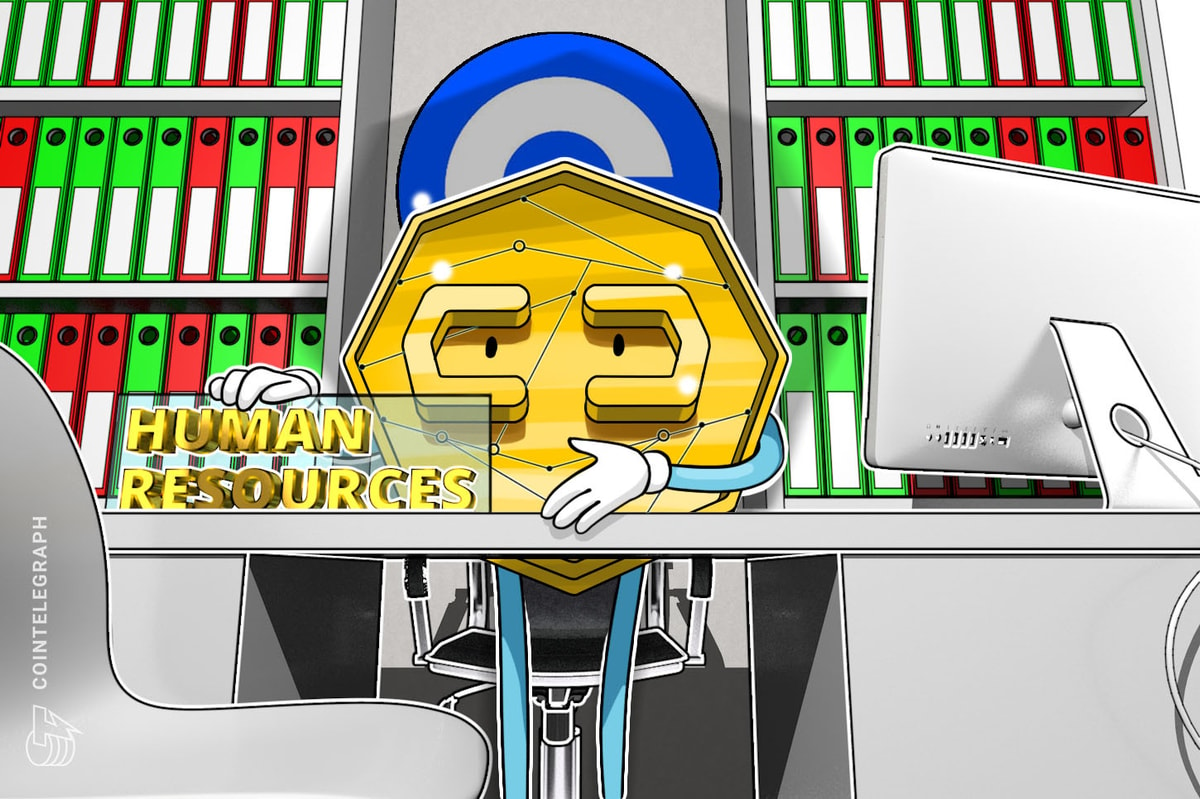
Boston-based cryptocurrency finance firm Circle has just joined the multitudes of other crypto exchange platforms now issuing and trading their own stablecoins.
As of September 26, 2018, dollar-pegged USDC is now trading on Poloniex, the crypto-to-crypto exchange Circle acquired in February 2018, and on Circle Trade, the company’s over-the-counter (OTC) platform. Circle co-founders Sean Neville and Jeremy Allaire spelled out the details in a blog post.
Acting as a sort of safe haven where crypto traders can park their assets in volatile markets, stablecoins have become increasingly popular. They are especially useful in exchanges that offer only crypto-to-crypto trades. Right now, there are roughly 29 active stablecoins on the market.
All of these coins make their own promises. For Circle, USDC is an Ethereum-based ERC-20 coin. A commonly used token standard, ERC-20 makes it easy for wallets, exchanges and other smart contracts to interact with the token. This helps Circle create an instant ecosystem for the token.
“More than 20 companies are also announcing or launching support for USDC today,” Circle said.
Other exchanges planning to list the coin include OKCoin, DigiFinex, CoinEx, KuCoin, Coinplug and XDAEX, a spokesperson from Circle confirmed.
Similar to the Gemini Dollar and Paxos Standard, USDC is a fiat-collateralized coin. That means that a centralized company holds assets in a bank account and issues tokens that represent a claim on those underlying assets. (In contrast, dai, the stablecoin of MakerDAO, is backed by crypto.)
All of these coins go head-to-head with tether, the most widely used stablecoin in the space. But unlike tether, USDC is regulated as a registered money services business (MSB) under U.S. money transmission laws. As a virtual currency, it is also regulated under the New York BitLicense. What’s more, bank accounts holding fiat to back the token are subject to monthly audits.
Circle will be the first issuer of USDC. Other entities can issue the coin as well, but they need to go through Circle’s non-profit CENTRE consortium. Leveraging $20 million raised in a SAFT token sale last year, CENTRE is focused on defining standards and policies for stablecoins. Each entity that wishes to enroll and issue USDC is held to the same regulatory-compliant standards.
To help create its new stablecoin, Circle raised $110 million in May 2018 in a round led by China-based cryptocurrency giant Bitmain. It was, at the time, the biggest venture capital round raised by a cryptocurrency or blockchain company to date.









